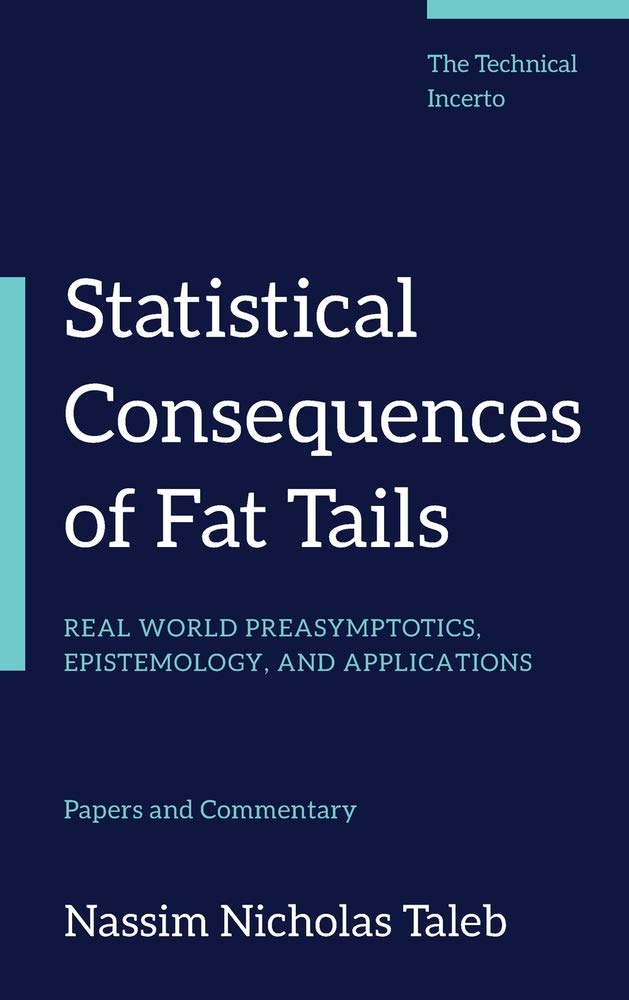
About two years before the recent collapse, at a dinner, a then (slow thinking) member of the Lebanese parliament kept bugging me for an economic forecast. There was already some anxiety in the air. My answer was that we were facing imminent financial disaster, but that it was not necessarily bad news, long term. Why? Because such a total collapse could lead to natural responses that are better than the one we would have spontaneously, going from patching bad stuff to patching worse stuff. The lira was artificially kept too strong for any industry to survive and the financial system (the Ponzi) was sucking up all the money and destroying the economic substructure. But my point was that the (unavoidable) collapse would lead to an adaptation, the weaning from chronic foreign “loans” and, possibly, a huge bounce. De-financializing the country was a necessity, and people never do that spontaneously. Nothing was going to be fixed without a collapse. Was I optimistic? pessimistic? He was trying to figure out what I was saying and couldn’t get it as it did not fit his elementary static classification.
Continue reading on Medium: medium.com/@nntaleb/lebanon-from-ponzi-to-antifragility





